
With a form of self expression so personal as one’s makeup, It’s funny that the only thing onlookers seem to be wondering about is what everyone else is going to think.
Sure, it’s only right for strangers to be curious—especially those that don’t understand makeup. Not the way we do, anyway. Sometimes, our on-trend looks may seem off-kilter to others. After all, beauty is in the eye of the beholder—and some of us are beholding enough rainbow shadow, false lashes and candy-colored lip gloss to make over a third world country—but that doesn’t mean we asked for your opinion.

I started my lifelong relationship with beauty as a young makeup hopeful. In my early teens, I was armed with glittering drugstore lipstick and eager to propel myself out of my awkward stage. Girls like me would dive face-first into a checkout line-scented sea of beauty magazines. Coming up for air would look as disastrous as a Mrs. Doubtfire scene—instead of cream pie it would be all mismatched foundation samples and bad self esteem problems. The problem with those magazines, unlike my makeup skills, was not found on the surface but instead hiding deep inside between the lines and the celebrity-endorsed perfume strips. Those magazines weren’t teaching me how to be pretty for me. They were telling me how to look good for a variety of people: The perfect smokey eye to seduce the boyfriend I didn’t have; the best hair to help me fit in on the first day of school. The message was not only anti-girl, it was anti-individual. Did the other girls at school even know they liked my hair like that? Did I even like my hair like that? Just who exactly was I doing my hair for in the end? Cosmo?
Sometimes people can have a stronger influence on us than we’d care to admit. The need to fit in to a group can override our creative process and, more importantly, our self-discovery as beauty-conscious individuals. Is pleasing your loved ones a bad thing? Of course not. Often those near to us can help us understand our own qualities and tastes. But are we painting ourselves to please them? What if they weren’t happy with the way we chose to present ourselves? Would it affect us? Would we change for them?
My taste in beauty can even feel like a safety risk. A full face of makeup will often lead to cat calls, hoots, and hollers throughout the day. My red lipstick makes me feel like a queen when I put it on in the morning, but sometimes by the end of the day I am left feeling vulnerable. My stoplight lips read as a GO sign for perverts with fingers crossed hoping I chose the shade in their favor. Incidents like this may seem more than apropo for a girl-power rant until I realize the beauty brandishing boys I know have suffered worse—is this merely a question of cosmetics? No matter what, the entire scenario leaves me wondering what’s with these people who assume attention is what us makeup mavens are after? This is my makeup! Where exactly does anyone else fit into the picture?

It’s unfortunate that we are faced with so many ugly bumps in the road of beauty. For some, makeup may read as a mask—a desperate attempt at feminization or a garish signal for unwanted attention, but we know better. For those of us who understand the power and magic of cosmetics, makeup is an art. It is our trade, and our skill. Makeup is our warpaint, our daily celebration, our self exploration. It is a reflection of our mood, our day, and most importantly, ourselves. Our faces serve as a canvas that not only satisfies our urge to look and feel our best, it fills our need to create.
Our main goal with makeup is not only to bring out our own beauty, it’s to bring out beauty in the world—and that’s a philosophy even the most persistent of product protesters can get behind. Who do we wear makeup for? We wear it for us.
You Might Also Like
-
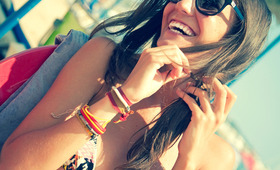
Wellness
outFit with Kit: Healthy, Happy Inspiration
- 403
-
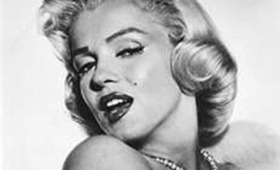
Trends
Counter Confidential: Trend Revival
- 403
-
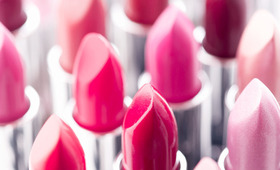
Counter Confidential
Counter Confidential: For the Love of Lips
- 118
-
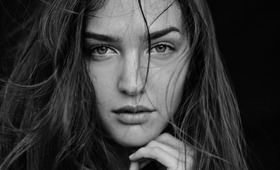
outFit with Kit
A Model Shares Wisdom About the Power of Being Healthy and Confident
- 324
-
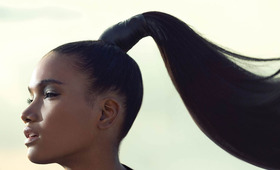
Hair
Girl, You Need to Relax!
- 456
-
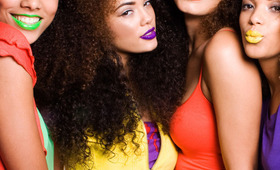
Face
My Perfect Shade: Ethnic Skin Makeup
- 157







